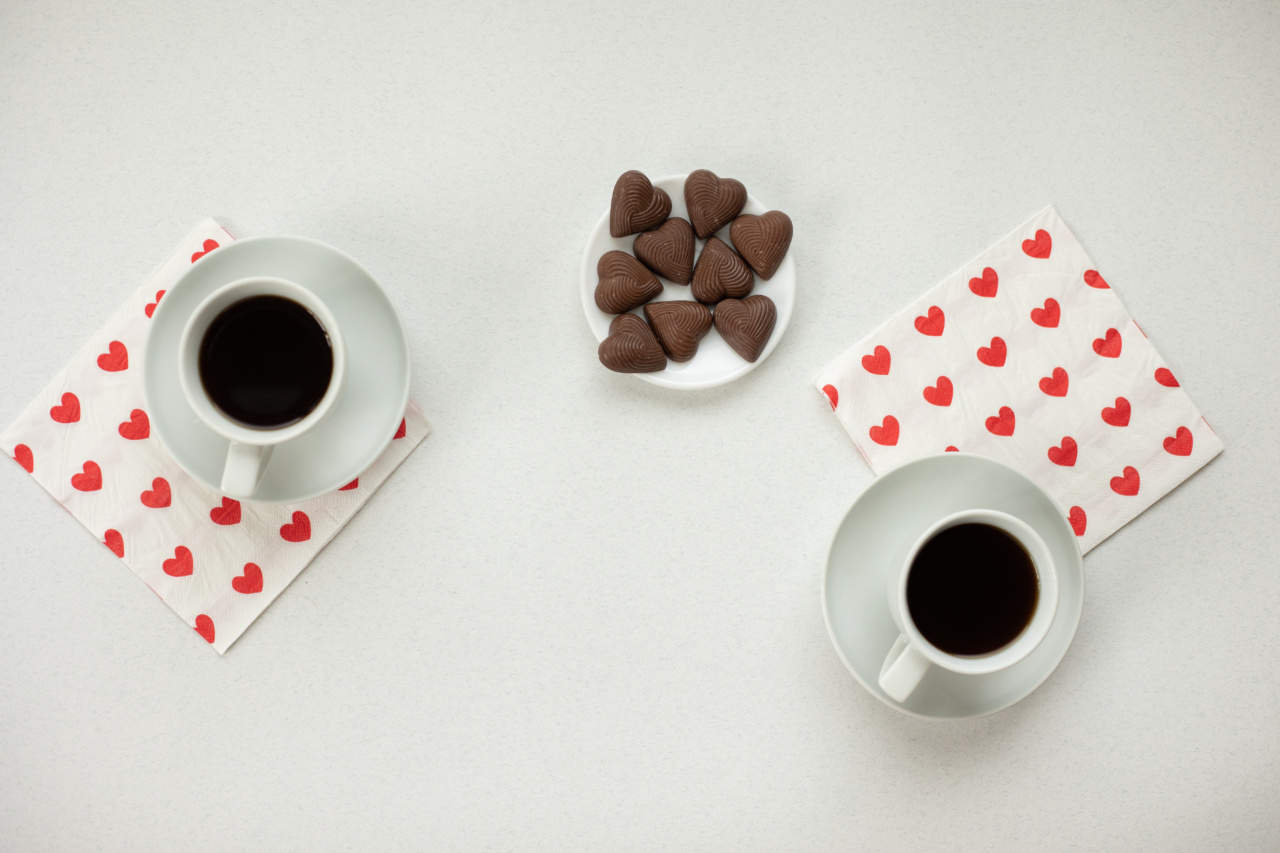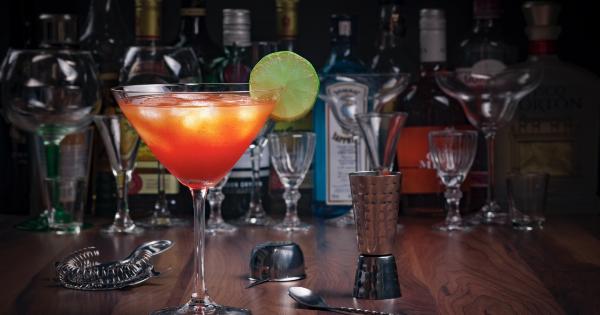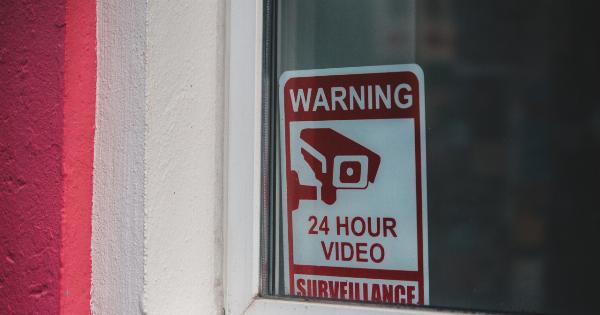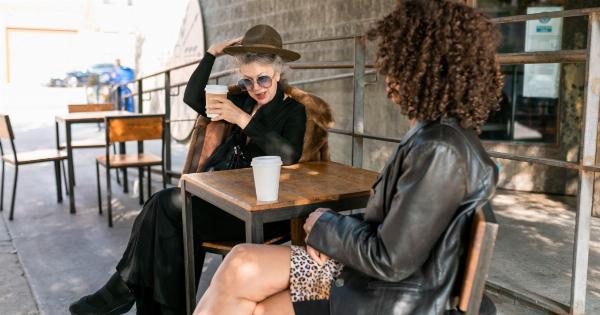Have you ever felt your heart racing or skipping a beat for no apparent reason? Heart palpitations can be scary and unpredictable, and can often be a sign of an underlying health condition.
However, what if you were experiencing these symptoms as a result of an unsuspecting drink?.
What Are Heart Palpitations?
Before we discuss how a drink can cause heart palpitations, it’s important to understand what heart palpitations actually are.
Heart palpitations are characterized by a feeling of heightened awareness of your heartbeat – this could be a fast, slow, or irregular heartbeat. One could experience heart palpitations in the chest, throat, or neck.
Whilst it’s no uncommon for most of us to describe an occasional fluttering of our heart or an unexplained skipped beat; heart palpitations are referred to a continuous or persistent irregular heartbeat.
Symptoms of Heart Palpitations
Aside from the noticeable sensation of an irregular heartbeat, heart palpitations can be accompanied by other symptoms such as dizziness, shortness of breath, fainting, chest pain, or discomfort.
The Link Between Drinks and Heart Palpitations
While heart palpitations can be the result of an underlying health issue such as anemia, hyperthyroidism, or other cardiac disorders; some drinks and foods have also been found to trigger heart palpitations.
One example is alcohol – as a central nervous system depressant, it works to slow down heart function and blood flow in the body. But in doing so, alcohol can also cause irregular heartbeats or trigger palpitations in those who are susceptible to it.
Caffeine is another example that has been known to trigger heart palpitations. Found in coffee, tea, energy drinks, and some soft drinks, caffeine is a stimulant that works to increase heart rate and blood flow in the body.
While most people are able to consume caffeine without any issues, some have adverse reactions such as heart palpitations and anxiety.
Additives in Drinks
Aside from alcohol and caffeine, drinks can contain additives such as artificial sweeteners, high fructose corn syrup, and other chemicals that can trigger heart palpitations.
These additives can cause changes in blood sugar levels which can upset the natural rhythm of the heart.
How to Avoid Heart Palpitations from Drinks
If you are prone to heart palpitations, you may want to avoid drinks that are known to trigger them. This could mean cutting down on your alcohol or caffeine intake, or avoiding drinks that contain artificial sweeteners or other additives.
Additionally, staying hydrated is key to avoiding heart palpitations in general – as dehydration can trigger palpitations in some people. Staying hydrated generally helps reduce heart palpitations, so drink plenty of water, and limit drinks high in sugar, and other stimulants.
When to See a Doctor
While heart palpitations can be uncomfortable and scary, most cases are not life-threatening.
However, if you experience regular or persistent heart palpitations that are accompanied by symptoms such as dizziness, fainting, or chest pain – it’s important to seek medical attention immediately. Heart palpitations may indicate an underlying health issue such as a cardiac arrhythmia, or heart disease, so it’s best to err on the side of caution and get checked out.
Conclusion
Heart palpitations can be a scary and uncomfortable experience, and although they may be indicative of an underlying health issue, drinks like alcohol and caffeine, as well as additives in drinks, can also trigger palpitations.
It’s essential to learn your limits when it comes to drinks, stay hydrated, and if palpitations become more severe or frequent, seek immediate medical attention.





























